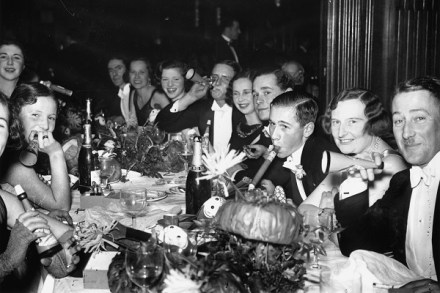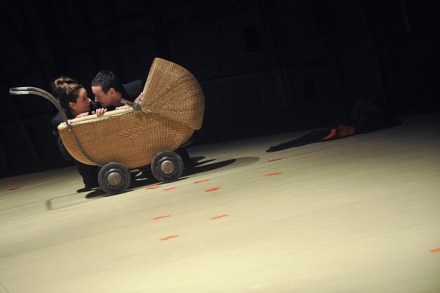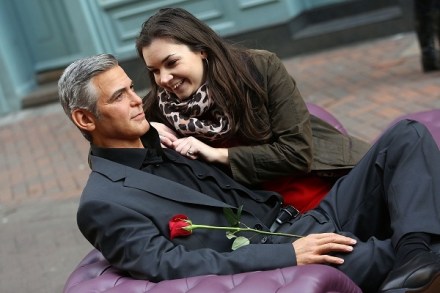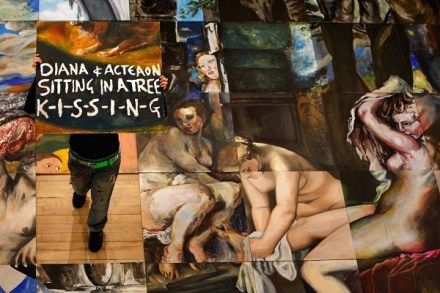Dangerous romance – Clever Girl by Tessa Hadley
‘The bus company’s yellow tin sign on its concrete post seemed for a long while a forlorn flag announcing nothing,’ notes Stella, the narrator of Tessa Hadley’s new novel Clever Girl. Stella moves from childhood in 1950s Bristol through a series of episodes to end up married and financially secure. However, a ‘flag announcing nothing’ might describe some of these discrete episodes, which sometimes fail to contribute to the larger narrative of Stella’s life. It’s as if the book is a study in the misunderstanding of consequence, where this misunderstanding is played out at a formal level. An early encounter between a child and a seemingly dangerous man appears to

















